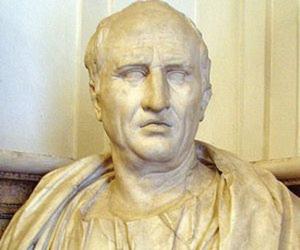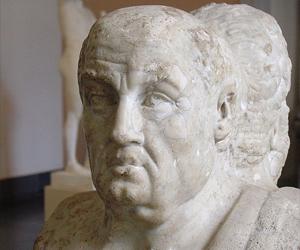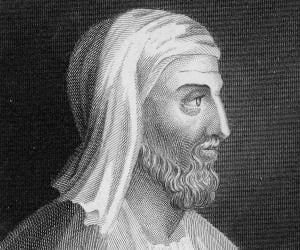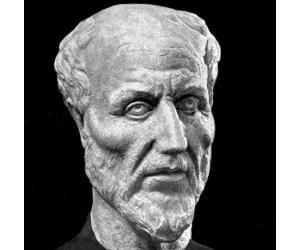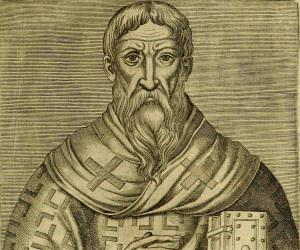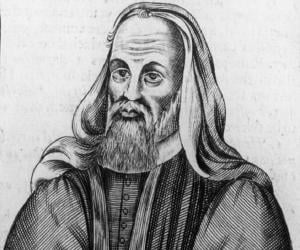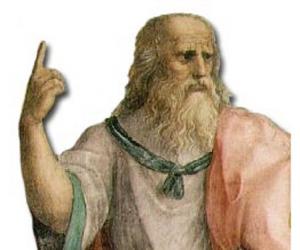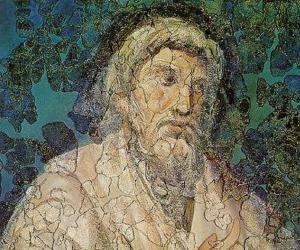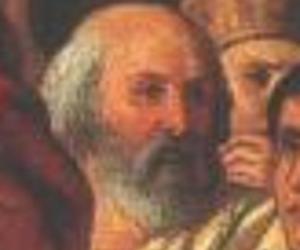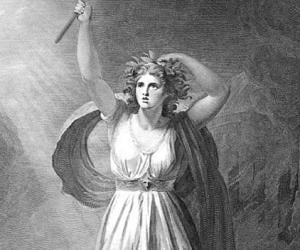1
Cicero
(One of Rome's Greatest Orators of Politics and Prose Stylists)
Birthdate: January 3, 0106
Sun Sign: Capricorn
Birthplace: Arpino, Italy
Died: December 7, 0043
Marcus Tullius Cicero was a Roman statesman, lawyer, scholar, philosopher, and writer known for upholding optimate principles during the political crises that led to the Roman Empire. He was a renowned orator and prose stylist, credited with innovating "Ciceronian rhetoric." Educated in Rome and Greece, Cicero's political career was marked by his consulship and role in thwarting the Catiline conspiracy. His philosophical writings in Latin and influence on ancient and modern authors solidify his legacy as a key figure in Roman history and intellectual thought.
